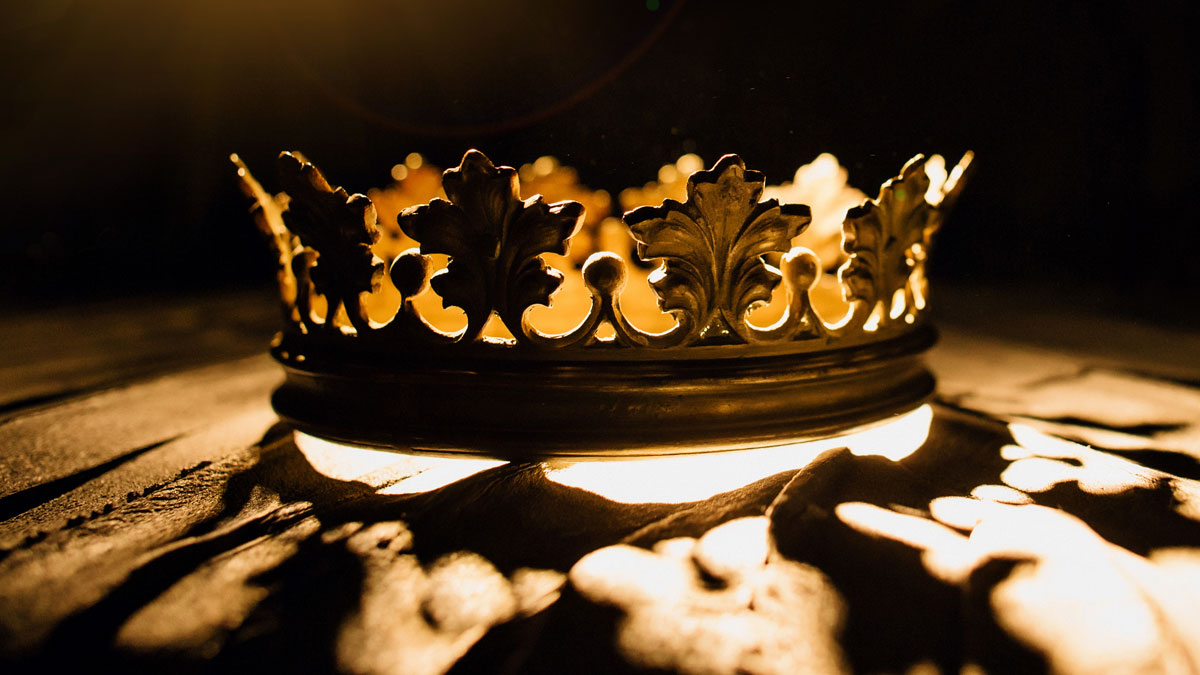Ellie Chaston has always been fascinated by history and the medieval period. Her passion propelled her to Reading to study BA History and return for a master’s in Medieval Studies with the Department.
“Reading offered many more choices in medieval history than any other university. I studied everything from Angevin kings to Florentine architecture to the history of race and science. Plus, Reading has a stunning campus!”
Natural progression
Following the completion of her undergraduate degree, Ellie felt that her journey with medieval history and with Reading was not quite finished yet.
"I knew Reading has a great Centre for Medieval Studies, and I loved living in Reading. It was a no-brainer for me to continue with my studies here. I was also quite intrigued by the fact that the Department offered a master’s of research degree. It was perfect for me as I wanted to further my research skills."
The MRes experience
Ellie already knew most of the Graduate Centre for Medieval Studies (GCMS) and felt welcomed into a friendly environment that would help with the new course nerves.
"My postgraduate course had a smaller number of people on it compared to my undergraduate course. This meant I was in a really close group where we could all bounce ideas off each other and have many exciting intellectual discussions."
Ellie recommends taking full advantage of the resources available if you do embark on postgraduate study.
"I used to speak with my supervisors regularly. I was always in our course dedicated study room and I made excellent use of the library’s 20-book limit. Even though a master’s is a lot of work, I feel really proud of what I have achieved at the end of it, even more so than when I completed my undergraduate degree."
More than a degree
Ellie is grateful for the memories she has of her time at Reading and for the opportunities that both her degrees gave her.
"In my second year, I was a STAR mentor to new first years. In my third year, I did a placement module at the University of Reading archive (based in the Museum of English Rural Life). I was also an active member and secretary of the Archery society."
A stepping stone to my degree
Ellie believes that the skills, knowledge and experience she gained from both her degrees were key to successfully beginning her career after graduation. She knew she wanted to do something research-related and having done a placement module with the University's Museum of English Rural Life demonstrated that she was more than capable.
Ellie said:
" We spent some time learning about how the archive worked, and catalogued lots of records from the Cliveden House log book to posters from the University's societies in the 1980s. After I graduated, it was a really great thing to put on my CV, as I wanted to go into something research-based and it showed that I had practical experience. I now work in a research-based job as an Unexploded Ordnance [UXO] Risk Assessor. I often have to get records from archives so it is helpful to know how they work. "
Ellie believes her MRes was also particularly helpful in developing her research-based skills and has played a big part in her being able to adapt to her new role quickly.
"History is a research-based subject anyway, but my MRes was particularly helpful in developing this. There were specific skills/knowledge that helped me get my job, including knowledge of archives and the ability to write clearly and concisely both of which are large parts of what I do now."
Looking back
Ellie is grateful for the memories she has of her time at Reading.
"To anyone who is considering studying History at Reading, you won’t regret it. Both my degrees taught me so many skills; I made new friends, and it opened up job opportunities."
